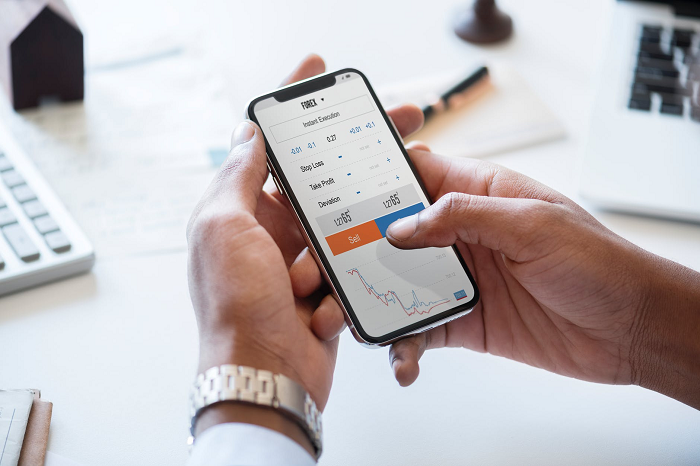If you’re planning on investing you’re going to need a broker. A stockbroker will act as your middleman in the process of buying and selling stocks. While that sounds simple enough, there are various types and qualities of brokers which adds to the confusion of new investors.
Keep reading to learn some useful tips for choosing a qualified and knowledgeable broker.
1. Choose Your Middleman Wisely

Just like you would research your doctor, your mechanic and your plumber, you should also research your broker. Some brokerage firms, such as Suretrader, look good on the surface, but when you dig a little deeper, they don’t hold up. So, just make sure you’re putting your money into a broker that you (and others) really trust.
2. Discount Versus Full Service
Before you jump online and pick an investment platform, make sure you understand the difference between online or discount brokers and traditional financial planners-often commonly called “full service” brokers. Generally speaking, if you have larger sums of money, and less time to learn about investments, a good financial planner is the better option. However, most people use a discount broker service. As you might expect, a traditional financial planner will cost you more than trading online yourself, but they also will do some of the market research for you.
3. Research the Stocks

Even when you’re paying someone to do the research for you, in the form of a traditional financial planner, you want to do your own research. Stockbrokers are not research analysts (unless they are). They’re also paid commissions to sell certain stocks. So, while part of their job is to advise you on stocks and the market, look into their recommendations yourself.
While this might seem counterintuitive to having a financial planner, remember that you’re still saving time on a full market analysis. If you don’t agree with their analysis of a stock, and you don’t want to invest in it, they’ll come up with other stocks for you to invest in. On that same front, if you’re investing for yourself on an online platform, make sure to do your homework before jumping into someone’s recommendation.
4. Online Features

Regardless of who you choose for a broker, you’ll want to make sure you get an online account where you can monitor your stocks and the market. Obviously, if you’re going with an online self-serve broker, you’ll automatically have this, but even your local financial planners should give you some form of online access to monitor your stocks. Speaking of monitoring, if you’re tech savvy, you may also want to consider a broker with easy mobile access or even a mobile app.
5. What Are The Account Minimums?
When choosing a broker make sure you pay attention to the initial deposit requirement. It can be difficult to make money on smaller accounts, so some brokers will require large initial deposits. In many cases, there’s no reason to save up in order to start investing, simply find a broker who is highly rated, but doesn’t have the high minimum deposit. They are out there!
6. Pay Attention To Fees And Commissions
Your broker will most likely offer a variety of investment options such as bonds, individual stocks and mutual funds. Make sure you check the commission on each investment type (also make sure the broker has the investment type you’re interested in). On this same note, make sure you check for any fees or additional charges the broker has. For instance, some brokers will charge a fee if your account is inactive for a period of time. If you’re new to trading, and not an aspiring day trader, your account could easily fall into the “inactive” category and the fees could cost you more than what you’d make investing.
7. What’s Your Trading Style?
If you’re like most new investors and you’re planning on using a discount broker, take into account your trading style before picking your broker. Many new investors don’t plan on trading frequently. If this is the case for you, look for that inactive account fee and when it applies.
Inactive account fees apply to accounts that don’t meet a minimum number of trades monthly, quarterly or annually. If you’re planning on actively trading or being a day trader, make sure the platform that you choose holds up to your planned trading rate. For instance, some platforms promote this type of trading by providing discounts for high volume investors. The best platforms for active investors will also have tools to support day trading activities.
In addition to this, determine the level of support you want. Most reputable online brokers have training platforms, market information, and even opportunities to attend live events. When picking between platforms ask yourself what you’ll actually use or what you need. Even though the resources offered may be free to use, there’s a good chance you’ll pay for them in other ways (commissions, fees, etc.)
Conclusion
While there are lots of factors for new investors to consider, choosing a broker is one of the first, and most vital steps. These seven tips for choosing and investing with a broker will help you pick the right broker the first time.
Was this article helpful and informative? Leave us a comment with your thoughts in the section below.